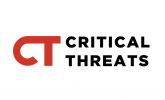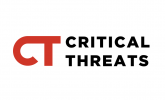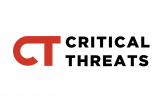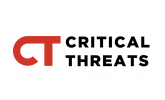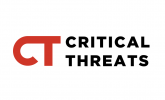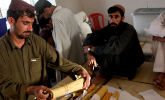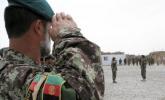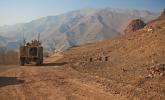Africa File, March 28, 2024: Islamic State Resurgent in Mozambique; al Shabaab’s Ramadan Offensive
March 28, 2024 - ISW Press
ISMP is massing forces, temporarily holding and governing territory, and operating across a geographic scope unseen since at least 2022. ISMP began increasing its rate of attacks in December 2023 and maintained a higher rate in January and February 2024 as part of the Islamic State’s global “Kill Them Where You Find Them” attack campaign. The Armed Conflict Location and Event Database (ACLED) recorded that ISMP has initiated 57 attacks since December 19, 2023. This rate is more than double the roughly nine attacks per month it averaged from January to November 2023. The group carried out six attacks in the first half of March, putting it on pace to surpass its monthly average in 2023 despite its offensive peaking in February. The group has sustained this increased activity despite Mozambique’s annual rainy season from January to March, when adverse weather conditions have historically caused attacks to decrease.


